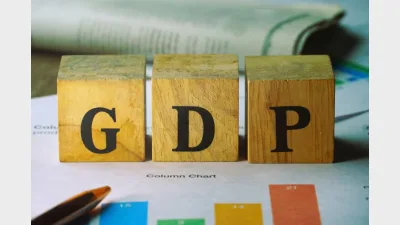Liberal Senator signals crack-down on super activists



Superannuation is on its way to dominating the economy and must be treated accordingly, according to NSW Liberal Senator, Andrew Bragg.
Addressing Super Review’s Future of Super Conference in Melbourne, Bragg said that it was in these circumstances that the “civil war” between industry and retail funds needed to end.
Further he urged against superannuation fund activists seeking to use their leverage to influence outcomes within listed companies.
“Ultimately, the class war is a fool’s war,” he said. The idea that super funds represented by sector wide labels are homogenous is actually untrue. There is little in common between the largest and smallest industry or retail fund.”
Bragg warned that if the culture war continued between industry and retail funds the overall sector would suffer.
“Let’s call it for what it is,” he said. “Super is on the way to dominate the economy.”
“Certainly, during my time at the Business Council of Australia, there was concern about the focus of super, what it was doing to capital formation and the increasing level of inappropriate activism,” Bragg said.
“The Government has now sounded the alarm on financial activism with the prudential regulator.”
“Third parties have been inappropriately pressuring superannuation funds to use their leverage over listed companies and their management. This is outrageous,” he said.
Bragg noted that Australian Prudential Regulation Authority (APRA) had also stated that it “expects that trustees will carry out their role and meet their responsibilities free from influence of sponsoring organisations or any external parties.”
“The super system must be transparent, accountable and prioritise outcomes for members -sdf not directors, banks or trade unions. The sector needs to mature and ensure these events are not repeated.”
Recommended for you
Superannuation industry bodies have warned the prudential regulator that some of the more rigid proposals in its Governa...
IFM has firmly opposed any push for publicly disclosing current valuations of private market assets, saying it would “damage the financial interests of investors” and reduce appetite for infrastructure and private business investment.
Subdued GDP figures have bolstered expectations that the RBA could cut rates sooner and, possibly more aggressively, market watchers say.
Australian institutional investors plan to keep their finger on the pulse of private markets, new data has shown, with local investors aiming to further expand allocations into the sector.









